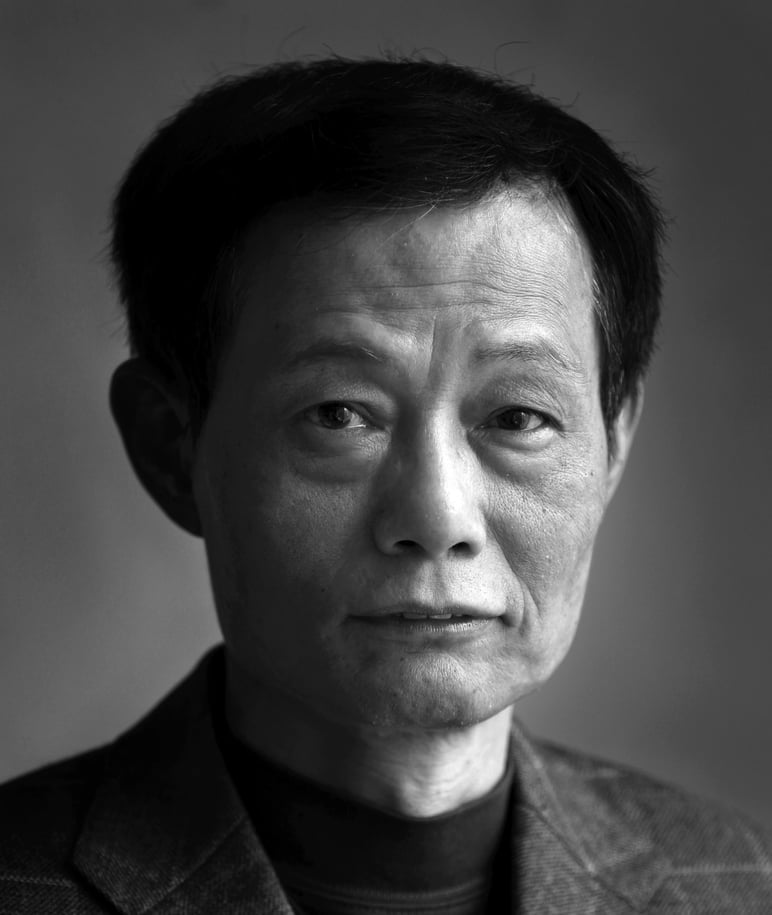
Free thinking required to win the battle of the think tanks
Call to develop more domestic institutions may come to little if they must put their research second to political correctness
Echoing President Xi Jinping's call for a new type of Chinese think tank, the general offices of the party Central Committee and the State Council recently announced a plan to develop 50 to 100 "high-end" ones by 2020, which, they said, would compete with America in spreading soft power abroad and help refine policies at home.
China has the most think tanks after the United States, according to a ranking report by the University of Pennsylvania. But compared to their US counterparts - such as the Rand Corporation or Brookings Institution - domestic institutions have little global influence. Only six ranked among the top 100 worldwide, with the Chinese Academy of Social Sciences (CASS) ranked the highest at 20th.
Most state media outlets welcomed the council's announcement.
The said Chinese think tanks lagged far behind their US and European counterparts in terms of both professionalism and funding.
said the move was urgently needed, as China's think tanks either lacked views of their own or "exaggerated their views to gain attention".
The argued that China was "in dire need of strategies and suggestions" as it pushed through tough economic reform.
In the West, think tanks are playing an increasingly influential role in the formation and development of public policies at various levels of government and international organisations.
Some even see think tanks as a "fourth branch" of government, after the executive, the legislature and the judiciary. Think tanks also play an increasing role in economic development.
But China's social sciences academies have long been marginalised in the decision-making process. Many see Xi's recent backing as signalling an awareness that stronger and more independent thinking is needed to support the leadership as it faces complex political, social, economic and environmental challenges.
As Beijing seeks to boost its status on the world stage to reflect its economic and military clout, think tanks could help to increase global influence and spread soft power.
But until recently, the leadership has been demanding greater political fidelity from academics. While the leadership has expressed willingness to develop research institutes, it has also sought to suppress freethinkers, demanding academics put political correctness before research.
The council's announcement follows Xi's two-year-long ideological campaign targeting liberal intellectuals and an intense crackdown on political dissent. Conditions for freedom of speech have been deteriorating, particularly at China's most famous seats of learning.
In the past year, leaders have repeated demands to turn CASS, which is the central government's top think tank and a prime source of insight into social policy, and other famous academic institutions into strongholds of orthodox Marxism.
Last summer, party officials accused CASS of lacking loyalty to the party and of being "infiltrated by foreign forces". Party officials at some of the mainland's most prestigious universities have pledged to uphold ideological control over academics. Last week, education minister Yuan Guiren said that western textbooks and ideas must never be permitted to infiltrate the classroom.
As Chinese think tanks are neither independent nor free, the expansion of their intellectual power is restricted. Tightening political and ideological controls stifle innovative thinking and risk jeopardising their credibility, thus limiting their engagement with Western counterparts.
Under such circumstances, ideas for solutions to national problems or for helping China's development could well be abandoned if they conflict with the Communist Party's ideology.

